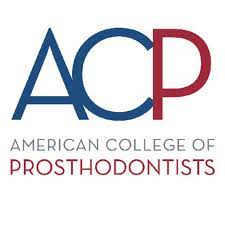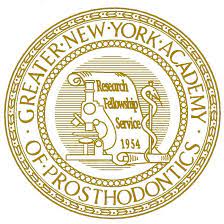If you’re looking for ways to improve your smile, veneers are a simple and reliable solution. By covering the front surfaces of your teeth, veneers in Coral Gables can hide any imperfection, even out your teeth color, and noticeably improve your smile.
Sadly, veneers have a lifespan, just like any dental treatment. Over time, they can break and fracture, needing to be replaced immediately to prevent dental sensitivity. Nevertheless, veneer fractures can be prevented.
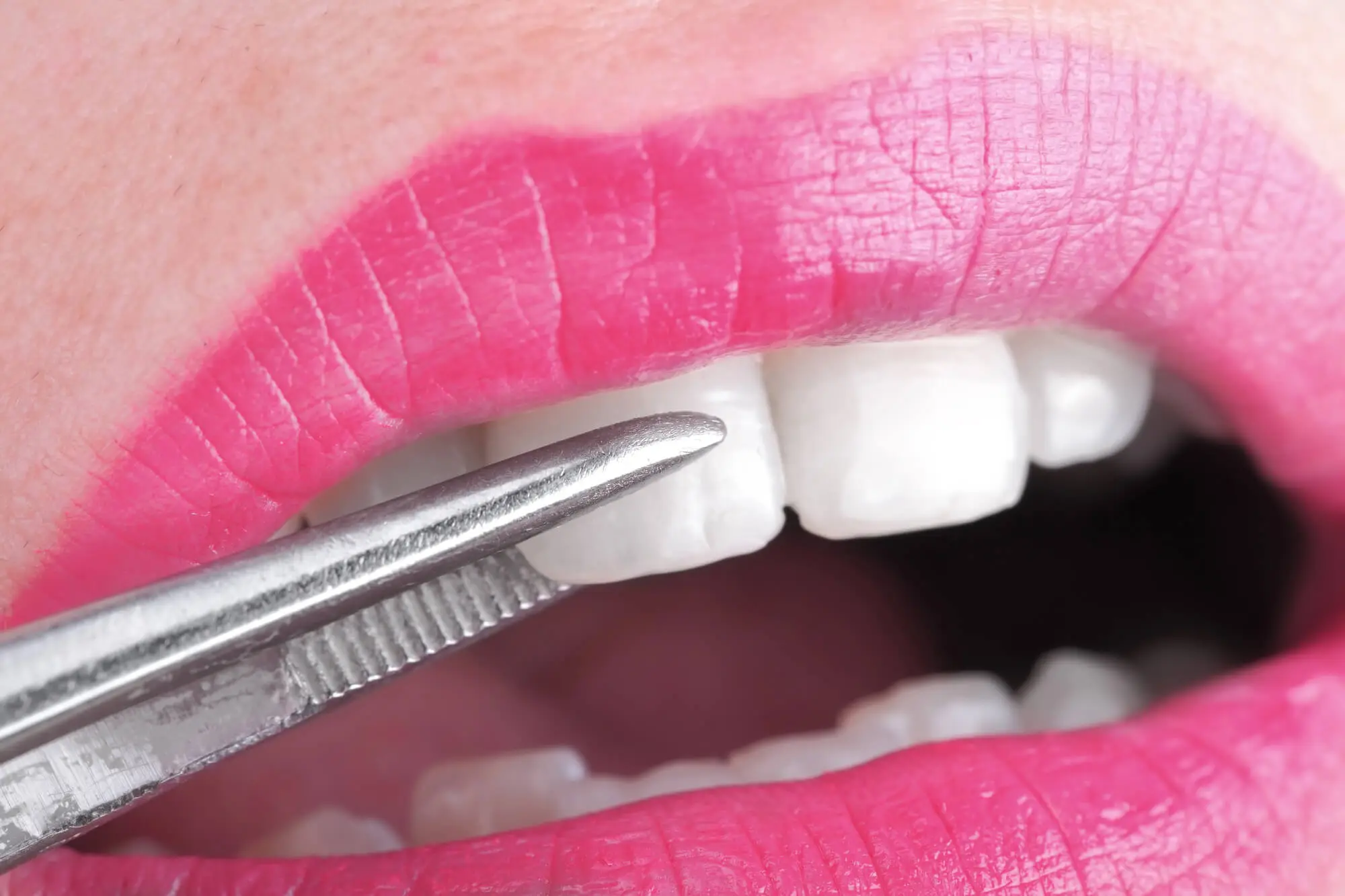
Veneers are specialized shells placed over the front surfaces of teeth to cover up stains, chips, cracks, and other aesthetic flaws. They can give your smile a completely new appearance without requiring more involved procedures like a smile makeover, which is why they have become one of the most popular cosmetic dentistry procedures.
Veneers come in various forms depending on your unique objectives. However, they are frequently composed of premium dental, such as porcelain or tooth-colored composite.
Veneers are an option for anyone who wishes to improve the look of their smile. These cosmetic restorations have the ability to blend in:
Veneers can break for several reasons, most of which are preventable with the right care and clinical technique. Some common causes include:
Inadequate bonding or improper tooth preparation can weaken and shorten the veneer's lifespan. Too much preparation erodes the tooth's enamel support, and shoddy bonding methods can cause fractures or debonding.
Bruxism is one of the veneer's biggest enemies.
Teeth grinding (bruxism) is a condition in which an individual clenches or grinds their teeth. This can happen frequently without awareness while sleeping or during the day. If left untreated, bruxism can cause irreversible damage to one’s teeth—and veneers, too.
The constant pressure and grinding can wear down veneers, leading to chipping, cracking, or even breaking. For that reason, wearing nightguards is recommended to protect both your veneers and your smile.
Using your teeth to open packages or chewing on hard foods such as ice, nuts, or pens can cause veneers to crack or chip. Instead, use tools specifically designed for these objects, such as scissors or bottle openers.
We recommend grinding hard foods like nuts beforehand to make them easier to eat.
Accidents, sports injuries, or sudden impacts to the face can damage veneers just as they can natural teeth.
All types of veneers wear down over time—however, certain types of veneers are more prone to breakage than others. The selection between porcelain and composite resin veneers matters.
Still, all types of veneers are susceptible to cracks under extreme stress.
If the bite is misaligned or the veneer doesn’t fit properly, uneven force distribution can lead to failure.
Like all dental restorations, veneers have a lifespan (usually 10–15 years for porcelain). Over time, they may wear down, crack, or detach.
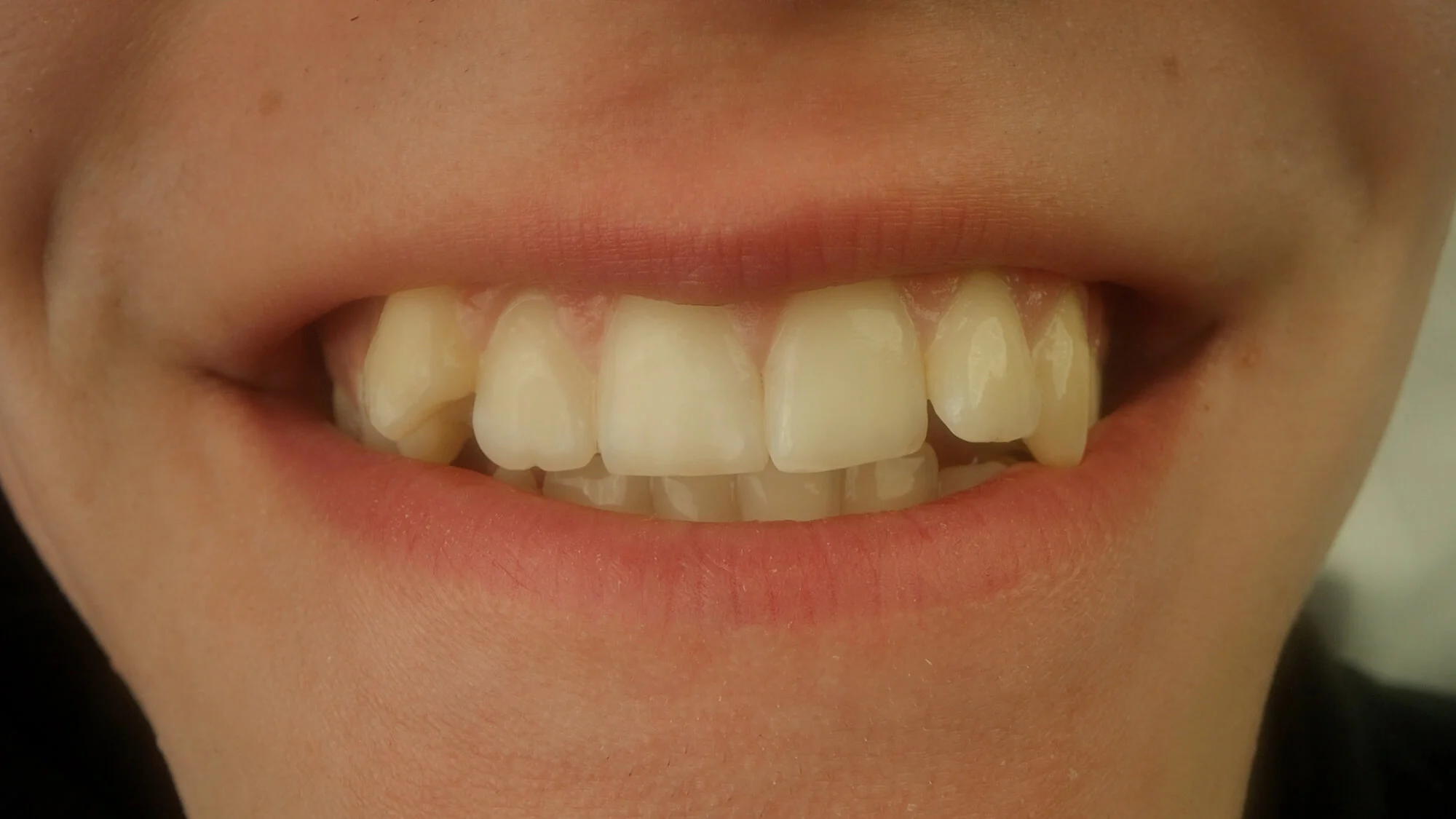
Veneers are a long-lasting and strong way to make your smile better, but they are not infallible. Although rare, a veneer may occasionally come loose or fall off due to trauma, wear and tear, or problems with the bonding adhesive.
When this occurs, it can be concerning, particularly if you're in public or getting ready for a significant occasion. However, there’s no need to panic. If this happens, here are some things you can do:
A fallen veneer may appear to be an emergency, but it is usually not a dental crisis. Take a deep breath and avoid anything that could cause further damage to the tooth or veneer.
If your veneer comes off, try to find it right away. Carefully pick it up and gently rinse it with water. Do not use chemicals or soap.
Then, place it in a small, hygienic container, preferably with a lid to keep it from being misplaced or broken. Then, bring it with you to your dentist appointment, as it may be re-bonded.
Although it might be tempting to attempt reattaching the veneer yourself with common household adhesives like super glue, this is not a good idea. These products are unsafe to use in your mouth and may harm the tooth structure or veneer, making repairs more challenging for your dentist.
Call your dentist's office as soon as possible and explain the situation. Most dentists will try to see you as soon as possible, particularly if the exposed tooth is sensitive or unsightly.
If the veneer is in good shape and the tooth underneath is still intact, your dentist might just clean and re-bond it.
The tooth beneath a veneer is usually prepared, which means that some of the enamel has been scraped off. This tooth may be more susceptible to pressure or temperature changes. Before visiting your dentist, you can:
Broken veneers can be fixed, and it’s often a simple and fast procedure. However, taking good care of your restorations is important for their durability and to protect your underlying natural teeth.
Some essential tips to help preserve veneer integrity are:
Avoid using your veneers to bite your nails, open bottles, or tear packages. These activities produce stress points that may result in cracks or chips.
Reduce how much you chew on hard foods like raw carrots, hard candies, popcorn kernels that haven't been popped, ice, and meat with bones. Eating these foods occasionally isn’t bad, but be mindful of how you chew to protect your veneer investment.
Additionally, we recommend cutting tough foods (like apples or steak) into smaller pieces and chewing with your back teeth.
Veneer fractures are frequently caused by bruxism, or the grinding or clenching of teeth, particularly while you sleep. Both veneers and natural teeth can be shielded from harm with a custom nightguard.
Use a toothpaste made specifically for cosmetic restorations that is low-abrasion and non-abrasive. Over time, abrasive formulas may erode the veneer's glossy surface.
To prevent plaque buildup, use a soft-bristle toothbrush to brush twice a day and floss carefully. Gums that are healthy and clean prolong the life of veneers and lower the chance of issues like gum recession.
Your dentist can monitor your veneers and identify problems early with routine checkups (every six months). Additionally, professional cleanings get rid of tartar and plaque that home care might overlook.
Veneers may experience uneven force from misaligned bites, which raises the possibility of cracking. Ask your dentist to perform an occlusion assessment if you think you may have bite problems (such as a clicking jaw or tooth wear).
To protect your natural teeth and veneers, wear a custom-fit sports mouthguard if you participate in high-impact activities or play contact sports.
Excessive alcohol consumption and acidic foods can weaken the bonding resin that holds veneers in place. Use moderation when consuming these foods, and make sure to drink water afterward to help neutralize the acids.
The best secret to long-lasting veneers is finding a reliable cosmetic dentist to place them. High-quality materials, occlusion adjustments, and proper placement are essential.
Before suggesting veneers, a skilled dentist will examine your bite and oral habits and make a personalized treatment plan for you.
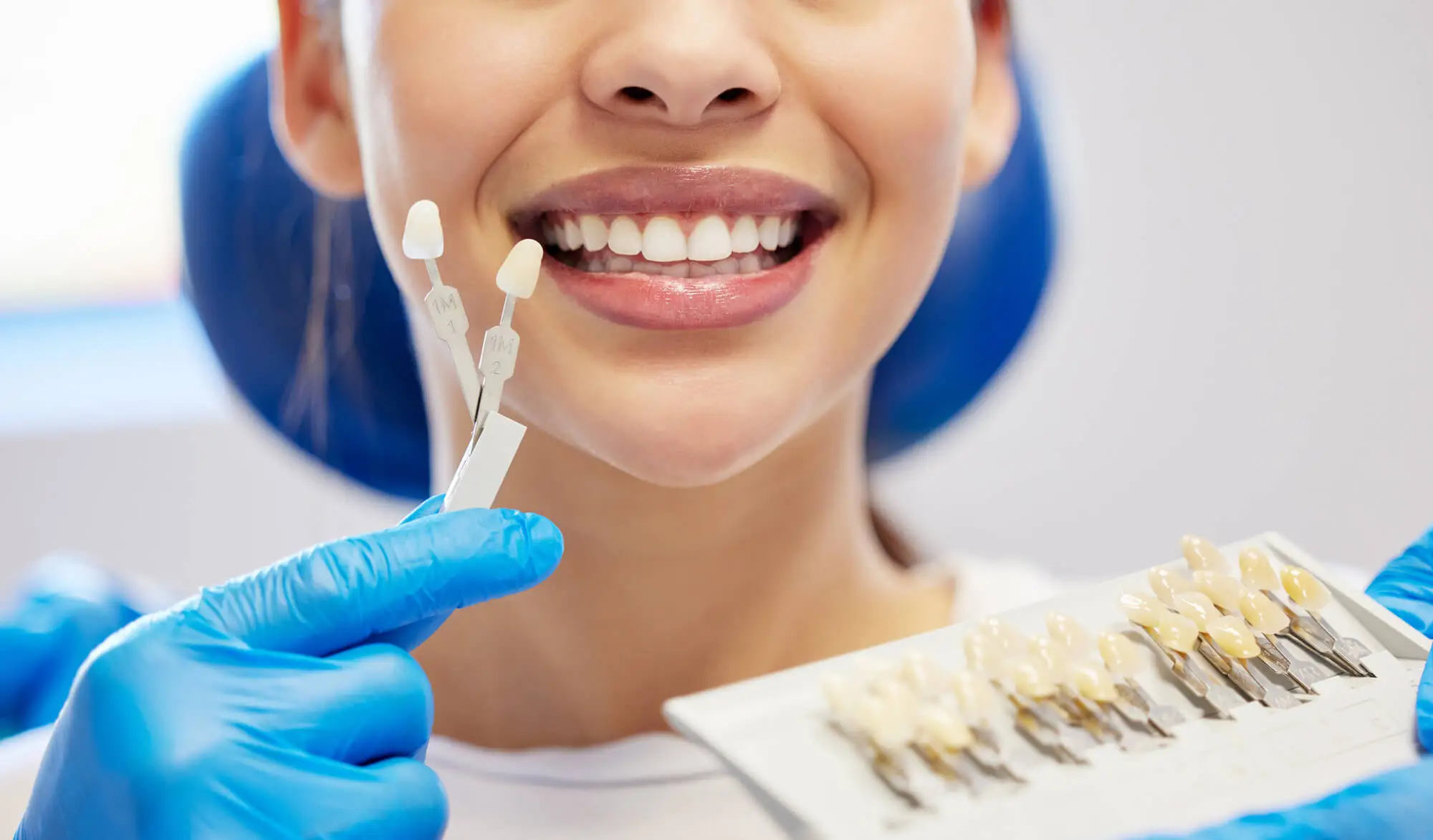
Veneers are a reliable cosmetic technique to enhance your smile’s looks for years to come. Nevertheless, like any dental treatment, the materials can suffer some wear and tear over time. To ensure long-lasting results, it's crucial to pair high-quality materials with expert placement, regular dental checkups, and protective habits (like avoiding hard foods and wearing a nightguard if needed).
Here at Coral Gables Dentistry, we’ll work alongside you to teach you how to protect your veneer investment. If you have any doubt about the right care routine or have a broken veneer needing fixing, contact us today to schedule an appointment!

We value your time, so we always run on schedule, respecting your commitments, with no double bookings and minimal wait times. Experience dentistry like never before in our award-winning clinic.

